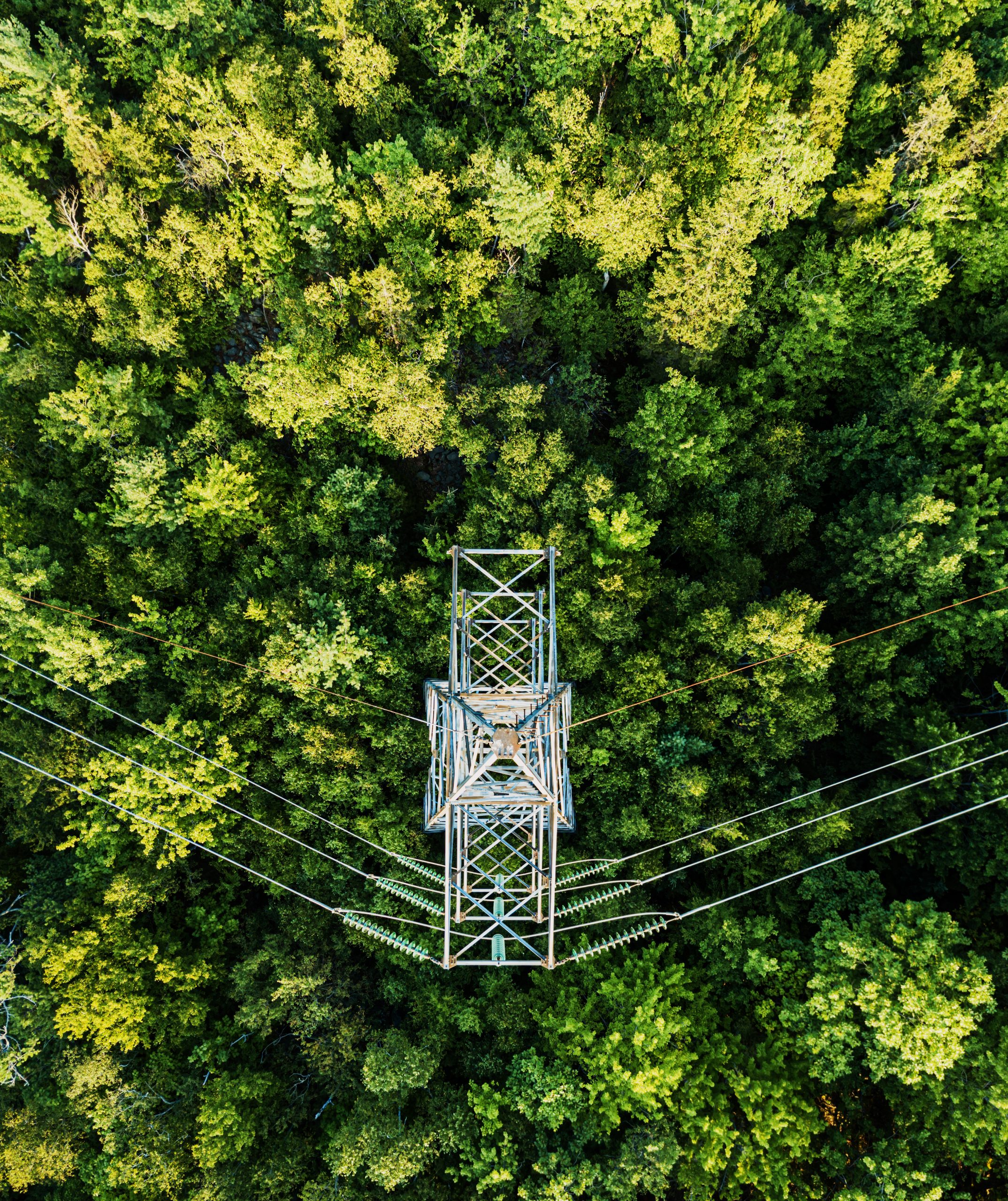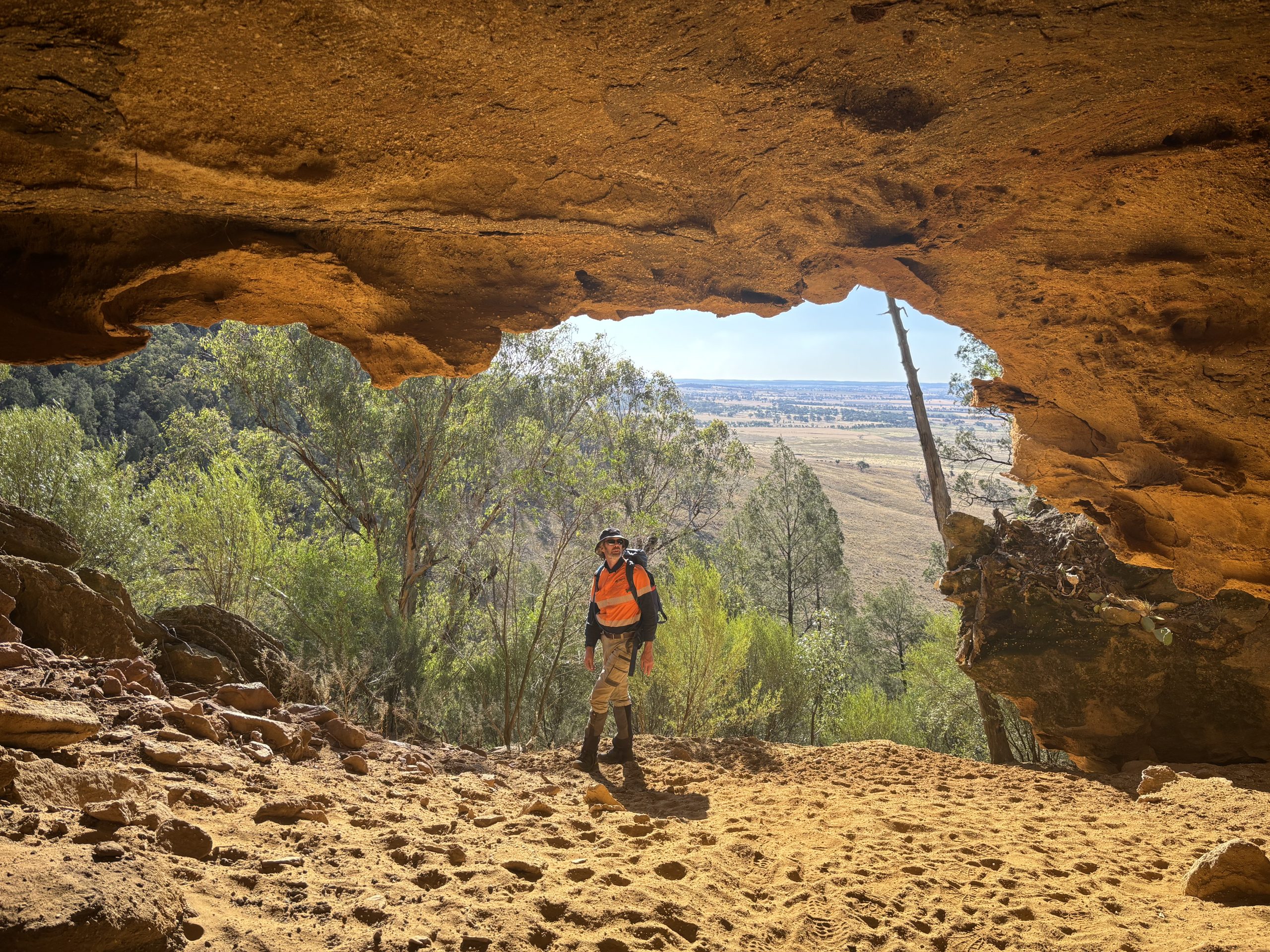What is a SODA and what does it mean for biodiversity offsets for your NSW project?
Author: Simon Tweed, Natural Capital Strategy Manager
June 16, 2025

News & Insights
In May 2025, the NSW Government amended the Biodiversity Conservation Regulation 2017 to establish a new way for certain project proponents to manage their biodiversity offsetting obligations.
According to the NSW Department of Climate Change, Energy, the Environment and Water (DCCEEW) this aims “to recognise the urgency of the transition to renewable energy while maximising strategic biodiversity outcomes from the investment in biodiversity offsetting”.
Strategic Offset Delivery Agreements (SODAs) are an agreement between the proponent and the NSW Government. The proponent pays the Environment Agency Head (EAH) of the NSW DCCEEW to take on the responsibility for sourcing biodiversity credits or funding conservation actions for the project to meet its biodiversity obligations.
More options for developers to manage biodiversity sounds like a good thing but not all projects will be eligible for SODAs and they may not be the most effective option for some projects.
So how should proponents navigate this?
SODA eligibility and process
Firstly, proponents will need to check their eligibility. The SODA pathway could be an option for proponents if their project is a state significant development or infrastructure under the Environment Planning and Assessment Act 1979 (NSW) (EP&A Act) and is also:
- a priority transmission infrastructure project or renewable energy zone (REZ) network infrastructure project
- a renewable energy generation, storage, network or related infrastructure project within a REZ
- infrastructure to which a Long-Term Energy Service Agreement applies.
If your project is eligible for a SODA, there are still significant process and timing considerations to keep in mind.
Key to note is that being eligible for a SODA does not mean the project can skip or fastrack the environmental approvals process—SODAs can only be executed after the relevant planning approval is granted so environmental assessments are still required to determine the biodiversity impact and offset liability.
This means that proponents still have the opportunity to consider actions to avoid and minimise the biodiversity impacts of their project—protecting the environment and likely reducing the future offset liability.
Early in the planning process and alongside environmental assessments, proponents will need to engage with the NSW Government to determine whether the SODA is a viable pathway.
SODA costs and benefits
For some projects, the SODA might ultimately be a more time and cost-effective option to manage biodiversity obligations or parts of that obligation.
But given this is a new mechanism, the costs of entry are unknown—so for projects underway today, it could be risky to rely on SODA pathway without a clear understanding of the financial implications.
From our experience in the NSW Biodiversity Offsetting Scheme (BOS), one of the more cost-effective options for meeting biodiversity obligations can be for the developer to establish stewardship sites tailored to the projects’ credit requirements, either in partnership with local landholders or by purchasing land. For this to be successful, it needs to start well prior to approvals—an opportunity that will be missed by proponents choosing to wait for a SODA.
Other benefits of taking a strategic approach to biodiversity will also likely be lost by opting for a SODA. For example, partnering with local landholders, aligning with nature targets or frameworks, or exploring opportunities in nature and carbon markets.
Key takeaways for proponents
SODAs might sound like a ‘quick win’ and may indeed provide benefits for developers in managing biodiversity offset liabilities, but proponents should note:
- The use of SODAs is confined to certain major projects that are related to renewable energy generation and transmission
- SODAs can only be executed after the relevant planning approval is granted so environmental assessments are still required
- A SODA may not be the most time or cost-effective option for some projects
- Potential benefits of a strategic approach to biodiversity are missed
- Relying on the SODA mechanism may be risky given costs of entry into a SODA are not presently known and other options with longer lead times may be curtailed if relying on a SODA.
How can Niche help?
Our Natural Capital team are experts on the NSW biodiversity scheme and working with proponents to effectively manage project priorities and nature outcomes.
Want to understand whether a SODA is right for your project? Get in touch with us today.
Niche is here to help companies understand their impacts on nature, develop nature and biodiversity strategies, and unlock opportunities in emerging nature markets.



